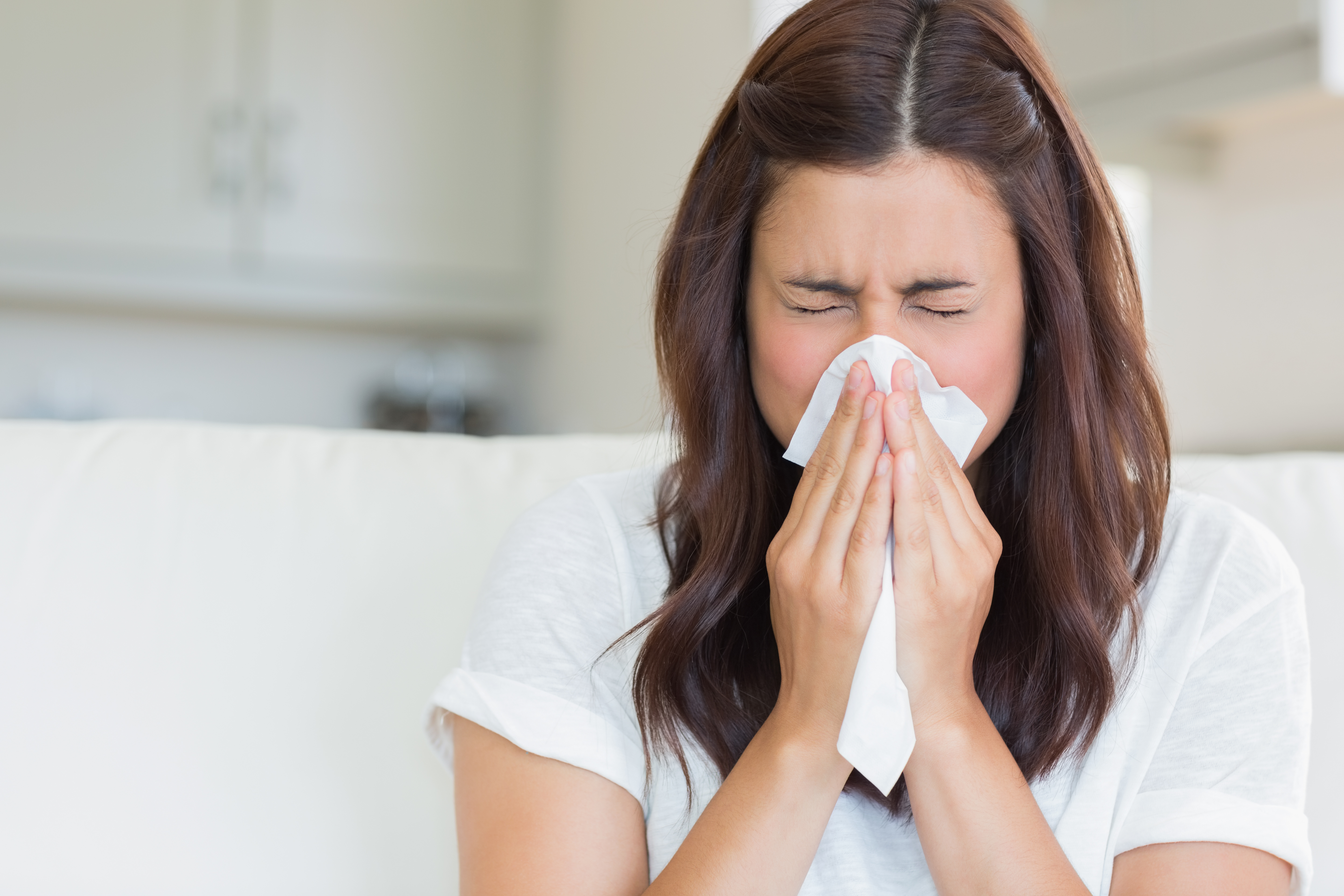DIAGNOSIS
The doctor will ask several questions that will help him lead to the Diagnosis & Medication of a common cold. Usually, these questions are related to the symptoms of a common cold. Sometimes a patient can diagnose him/ herself by asking these questions:
You have trouble breathing or chest pain.
Your cold or flu should not make you short of breath or cause your chest to hurt. If that’s happening to you, it could be a sign of a more serious problem, such as heart disease, asthma, or pneumonia.
Call your doctor or go to the emergency room.
Your fever doesn’t get better.
If it won’t go away it might mean you’ve got another infection in your body that needs treatment. Generally, a fever for an adult is a temperature over 100.5 degrees F.
You can’t keep anything down.
Your body needs fluids to work right. If you can’t drink anything without vomiting, you may need to go to your doctor’s office or the hospital to get fluids through an IV.
It hurts to swallow.
That’s not normal. Although a sore throat can make it hurt a little to swallow, severe pain can be a sign of an infection or injury that needs to be treated by a doctor.
You can’t get rid of your cough.
If it doesn’t go away, it’s likely due to postnasal drip — mucus that moves from your nose into your throat. It can be treated with antihistamines. But it could also be related to asthma or GERD (gastroesophageal reflux disease). Your doctor can tell you what to do for it.
A lasting, severe cough is also the main symptom of whooping cough, a disease that’s become more common in many parts of the U.S. So, if you’ve been hacking away for more than 2-3 weeks, your doctor may give you a test to see if you’ve got it.
Your congestion and headache won’t go away.
Colds and allergies that block your nose with mucus can lead to a sinus infection. If your cold medicine doesn’t give you relief, see your doctor for more treatment.
RECOMMENDED MEDICATIONS
Generally, there’s no cure for common cold. Antibiotics are of no use against cold viruses. You may decide to try a cough, cold, or allergy medicine for your symptoms. Be safe, read and follow all instructions on the label. Don’t take cold medicine that uses several drugs to treat different symptoms. For example, don’t take medicine that contains both a decongestant for a stuffy nose and a cough medicine. Treat each symptom on its own.
- You can take acetaminophen (such as Tylenol) or ibuprofen (such as Advil or Motrin) to relieve aches. If you give medicine to your child, follow what your doctor has told you about the amount to give.
- A decongestant can help with a stuffy nose. Don’t use the medicine longer than the label says. Overuse of a nasal decongestant can cause rebound congestion. It makes your mucous membranes swell up more than before you used the spray.
- Cough preparations can cause problems for people who have certain health problems, such as asthma, heart disease, high blood pressure, or an enlarged prostate (BPH). Cough preparations may also interact with sedatives, certain antidepressants, and other medicines. Read the package carefully, or ask your pharmacist or doctor to help you choose.
- Cough suppressants can stifle breathing. Use them with caution if you are older than 60 or if you have chronic respiratory problems.
Be careful with cold medicines. They may not be safe for young children, so check the label first. If you do give these medicines to a child, always follow the directions about how much to give based on the child’s age and weight.
Alternative medicines or supplements
Some people try complementary or alternative medicines to prevent colds or to shorten their cold symptoms. Before using any treatment for your cold symptoms, it is important to consider the risks and benefits of the treatment. For more information, see the topic Complementary Medicine. Some of the medicines being studied are:
- Echinacea. Study results differ about whether echinacea can keep you from getting a cold or can help you get better faster. Echinacea can cause severe allergic reactions in some people with a history of asthma, allergies, hay fever, or eczema.
- Vitamin C. Long-term daily use of vitamin C in large doses does not appear to keep you from getting a cold or help you get better faster. There may be a slight reduction in the length of time cold symptoms last when high doses are taken. Additional studies must be done to determine how much vitamin C is needed to reduce the length of time cold symptoms are present.
- Zinc. Using a product containing zinc may help shorten the length of your cold by up to a day.1 But you have to take the zinc as soon as you have any cold symptoms. In some cases, zinc products that you spray or place into your nose can cause permanent loss of the sense of smell.
If you decide to use an alternative medicine or supplement, follow these precautions:
- As with all conventional medicines and supplements, it is important to follow the directions on the label.
- Do not exceed the maximum recommended dose.
- If you are or could be pregnant, talk with your doctor before taking any medicine or supplement.
- If you have another health problem or take prescription medicines, talk with your doctor before taking an alternative medicine or supplement.


